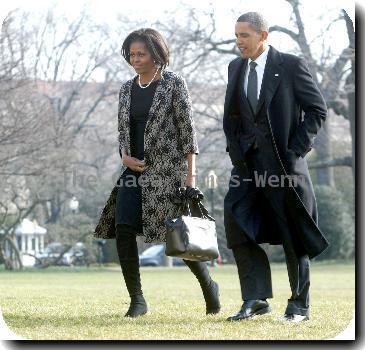Alaska sues to lift suspension of Arctic offshore drilling, cites lack of consultation
By Dan Joling, APThursday, September 9, 2010
Alaska sues to lift Arctic drilling suspension
ANCHORAGE, Alaska — The state claimed Thursday that the Interior Department illegally halted offshore drilling in Artic waters, even though the department said there’s no such moratorium in place.
Alaska Gov. Sean Parnell said Interior Secretary Ken Salazar illegally imposed an moratorium because he failed to consult with state officials, did not consider the economic effects and did not issue a written decision explaining the basis for the action. Such requirements are specified under the federal Outer Continental Shelf Lands Act.
A spokeswoman for the Interior Department, Kendra Barkoff, said there is no moratorium on offshore drilling in Alaska and therefore no basis to sue. Salazar last week had referred to a moratorium on Arctic drilling but later clarified his remarks to say there was not.
At the heart of Alaska’s argument is Salazar’s decision this summer to withhold approval for Shell Oil to drill exploratory wells in the Chukchi and Beaufort seas. Parnell said Alaska’s economic growth potential was at risk by Salazar’s decision.
President Barack Obama had ordered Salazar to conduct a review of the nation’s offshore oil drilling safety after the Gulf of Mexico oil spill in April. Salazar said he would not consider applications for permits to drill in the Arctic until 2011.
Parnell said wells off Alaska are estimated to hold 27 billion barrels of oil and 132 trillion cubic feet of natural gas and development could mean 41,000 direct and indirect jobs annually.
“With appropriate safeguards, we believe drilling can be done safely and effectively and responsibly in Alaska’s outer continental shelf,” Parnell said.
Barkoff said the Interior Department was taking a cautious approach to offshore development as it strengthens oversight. But she said Salazar’s Shell Oil decision was not related the federal moratorium on deep water drilling that followed the Gulf oil spill.
The Interior Department needs “additional information about spill risks and spill response capabilities, which is why Secretary Salazar has delayed Shell’s request to drill in the Beaufort and Chukchi sea and canceled the remaining four lease sales in the Arctic,” Barkoff said.
Shell Alaska spokesman Curtis Smith said in an e-mail that the company believes Alaska is justified in suing.
“Our progress in Alaska has been severely compromised by unforeseen events that are not related to our specific program in the Alaska offshore,” he said. “Our inability to drill is not only costly to Shell, but also to a state that is working hard to create jobs and find new oil supplies for the Trans Alaska Pipeline by promoting responsible offshore development.”
Rebecca Noblin, a spokeswoman for the Center for Biological Diversity in Anchorage, said drilling in the Chukchi sea already is under a legal cloud because of successful court cases brought by Alaska Native and environmental groups that claimed regulators had not properly evaluated the environmental effects.
“It would be unwise for the Obama administration to allow drilling in the Arctic right now, given the legal foundation has crumbled at their feet,” she said.
She also said the industry has not demonstrated it could clean up a spill in the Arctic, a region with a climate far more harsh and inaccessible than the Gulf of Mexico.
“If there were a disaster like the BP spill, we couldn’t deal with it. Period,” she said.
Tags: Accidents, Alaska, Anchorage, Barack Obama, Energy, Energy And The Environment, Environmental Concerns, North America, United States

